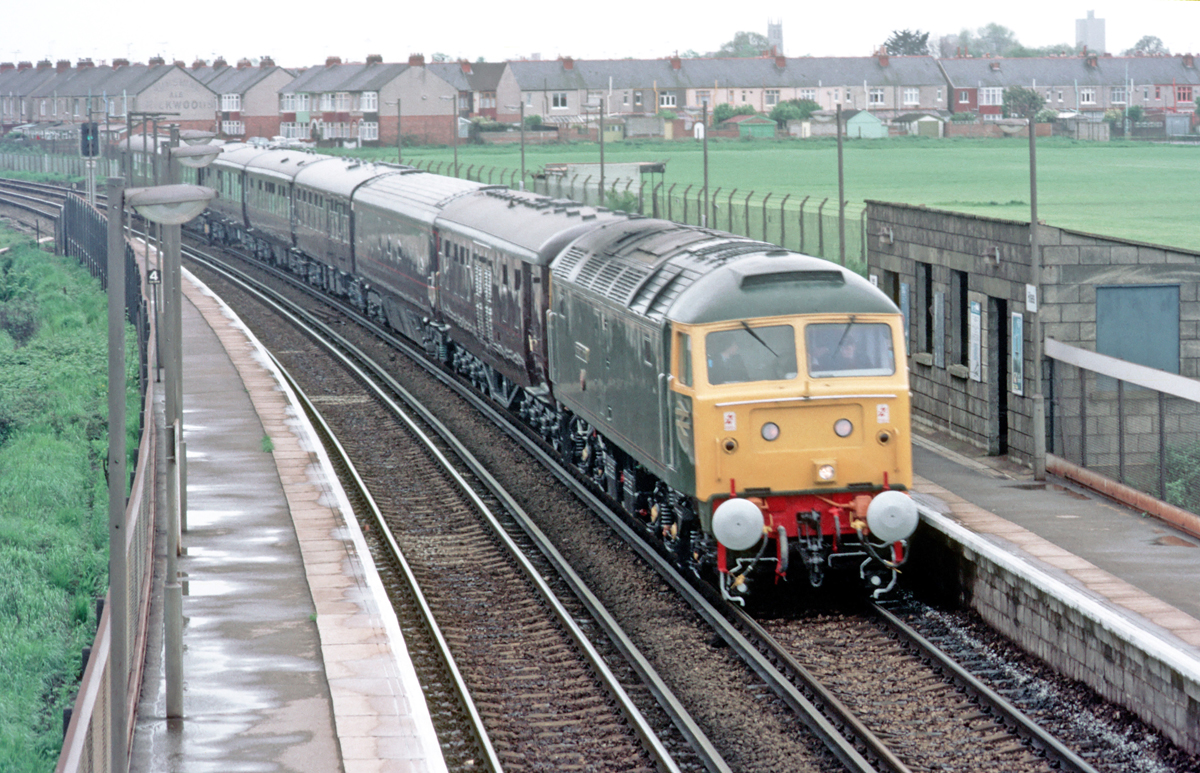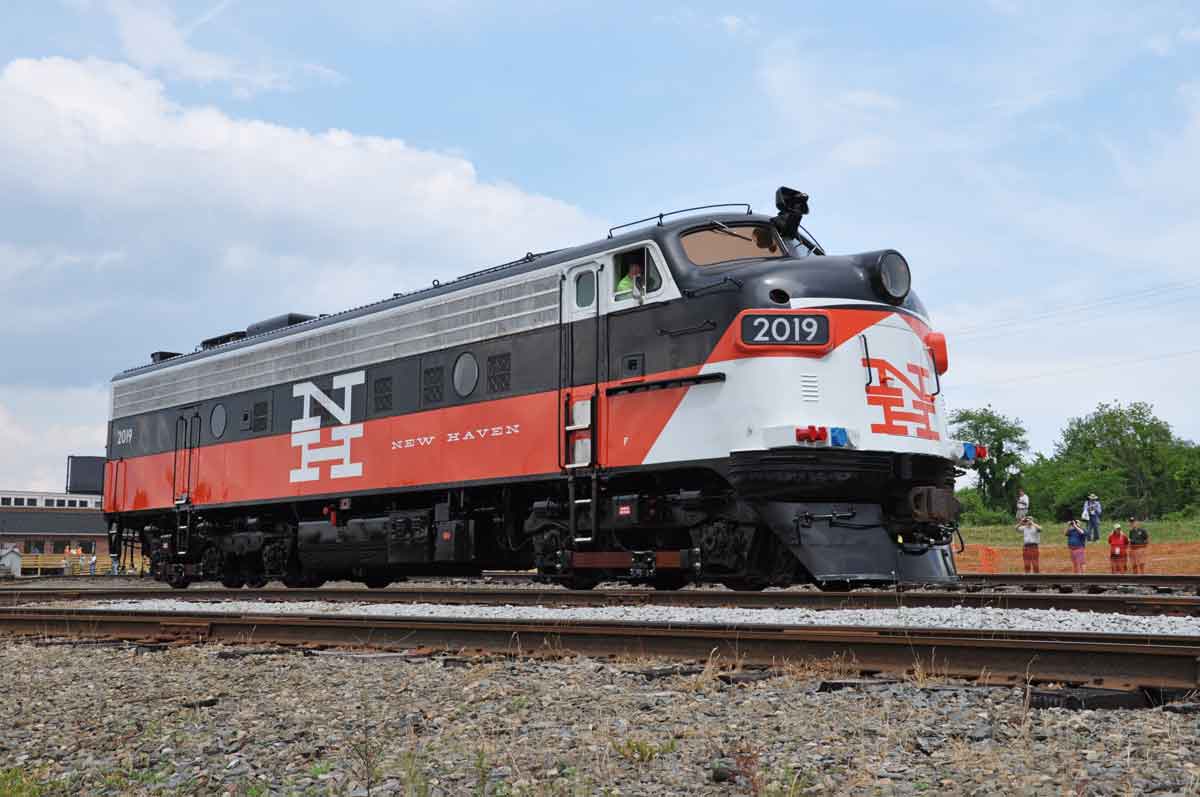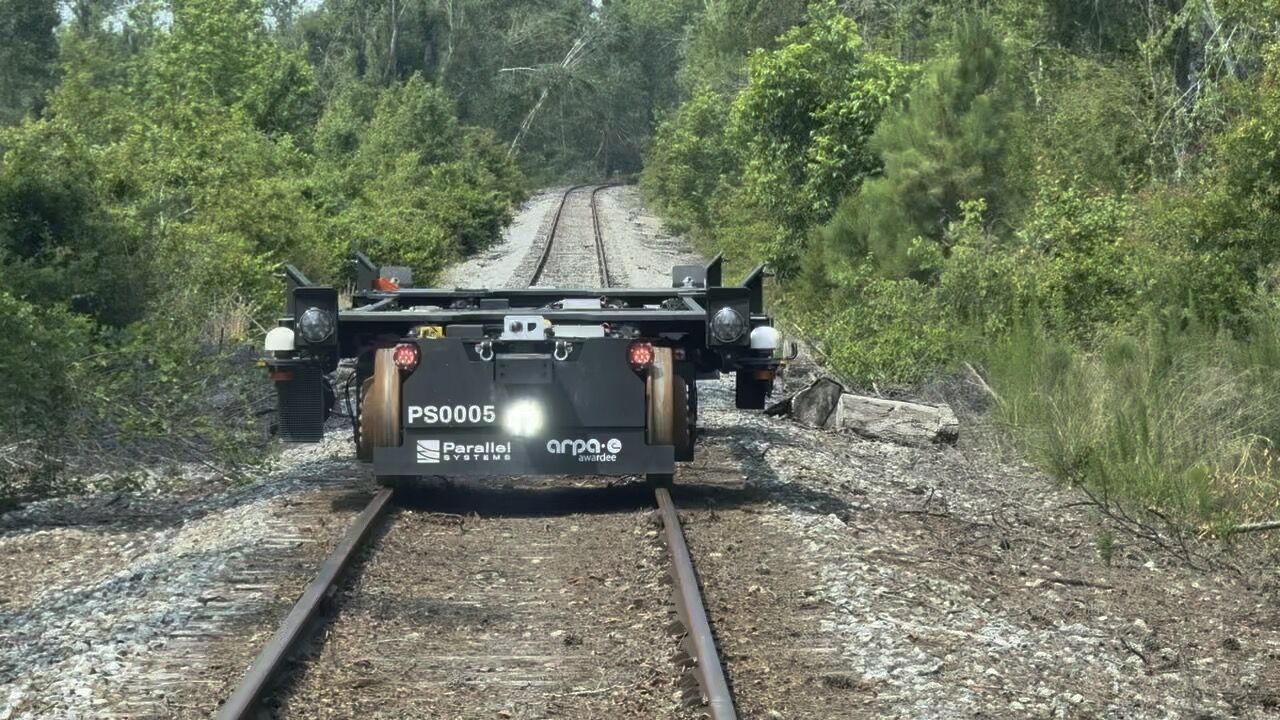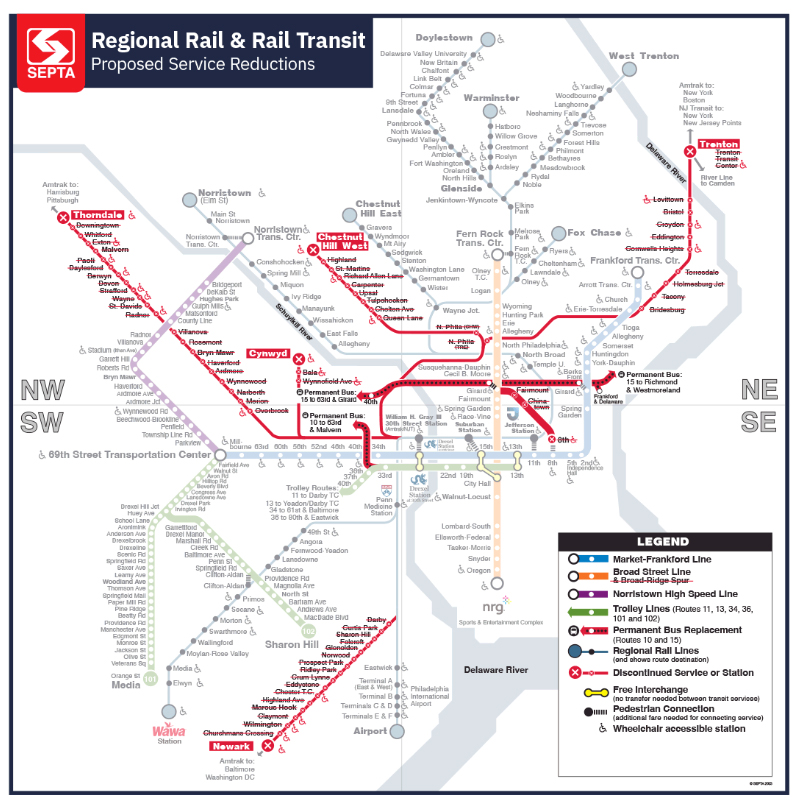MONTREAL — Canadian National has announced it is implementing a “recovery plan” to respond to the traffic backlog created by an eight-day strike, Canada’s longest rail work stoppage in a decade — an effort that could include bringing back some recently laid-off workers.
The railroad and Teamsters Canada Rail Conference, representing conductors, train persons, and yard workers, announced a tentative agreement on Tuesday. The Winnipeg Free Press reports that the agreement includes a provision that fatigued workers would not be compelled to work past the start of their rest breaks. Currently, workers must stay on the job and file a grievance about missed rest after the fact.
The newspaper quoted a letter by CN labor-relations director Joe Torchia, an appendix to the tentative agreement, reading, “I will advise all company officers that we shall waive the work-now-grieve-later principle if an employee seeks to book rest, where the employee is fatigued on the job and seeks to be relieved.”
The draft version of the agreement also includes a 2.5% increase in hourly, mileage-based, and flat-rate pay as of July 23, 2019; an identical increase in 2020, and a 3% increase in 2021, the Free Press reports. The union has said the ratification process could take several months.
CN hopes operations will be back to normal by Christmas, CN Senior Vice President and Chief Legal Officer Sean Finn told Reuters. Finn told the news service that the railroad was considering bringing back some furloughed crews and might reactivate some stored locomotives to address the backlog. “Anything we can do to accelerate the recovery, we’ll do so.”
In a press release, CN said it operated at approximately 10% of capacity during the strike, and that every day of the strike can cause several days of backlog.
“CN remains focused on growth and is already in recovery mode as our employees return to their normal shifts,” CN President and CEO JJ Ruest said in the release. “Overriding emphasis will be placed on safety as we implement a disciplined and progressive ramp up to avoid congestion that can overwhelm parts of the supply chain that are the most vulnerable.”















takipçi satın al
Union lover or hater, I think the value of rest as a part of safe operations should be self-evident. That it apparently isn’t is why unions are necessary.
I was’t going to comment on Gerald’s post initially but I realize he really could use some remedial work in labor relations from a Teamster on the U.S. side of the border.I came to the conclusion that Gerald is probably a fan of the now deceased E.H.H. As a now retired former shop steward employed by a major freight carrier my standard to each new terminal manager was”Don’t bother to order a metal name sign for your office door you probably wont be here that long.”
I guess Gerald McFarlane is a super-human that would be fit for duty with a 8-hours “rest” period between shifts, which includes both-ways commuting,playing with the kids, talking with the wife, shopping, cooking, eating, clean the house, AND sleep.
Working crew members to the limits allowed by the HOS law for an extended periods (as wished by railroad executives and endured by train crews) is certain result in chronic fatigue and unsafe working conditions (and broken marriages, but that’s not so important, or so it seems).
Crew fatigue is nearly always cited as a major contributing factor in most recent and not-so-recent rail disasters, but I guess you’d rather picture us as union lovers instead of just citizen who wants rail operations to be safe.
See you in the toxic cloud of the next chlorine tanker derailment, pal.
Hey Gerald, how many jobs have you held where the work hours are unpredictable? You must be one of the many on here who seem to think that because a person has 10 or 12 hours off that he/she actually had 10 or 12hrs of rest. I will give you a case in point brought up at the last union meeting I attended. It is not the CN but it does not matter. A crew was first out at their AFHT (That’s Away From Home Terminal to you non railroading railroad experts). They had gotten in the night before and actually were able to sleep during the night. The engineer got up to check his mark to head back east, which showed for 10am. Simple enough right? Well Gerald, enter the railroad way of doing things. The railroad management powers in charge ran a series of westbound moves out, and THEN decided to TURN those crews back east to their home terminal, all while there are rested crews at the AFHT (That’s Away From Home Terminal in case you forgot already Gerald) waiting to go back east to their home terminal. So now the first out crew gets to sit and watch their mark fall farther and farther back.
Well guess what happened Gerald? The crew that had gotten a good night’s rest and was ready for work the next morning finally got called to go east…at 2200 that evening! So now after having been up all day, the crew finally gets to go back east at the time their body is telling them its time to sleep. But in your book Gerald, your probably saying “Well they had 24 hours off so they should have had plenty of rest.” This is not an isolated incident. The PSR railroads are doing whatever the hell they feel like right now with the crews with the same attitude the CN evidently had: Do what we tell you, and grieve it later.
Pack a grip Gerald, and spend a few weeks on the road with a pool crew. I think your eyes would be opened, not that it would change your well known anti union views.
Don’t know much about actually working for a railroad, do you Gerald?
Instead of cutting employees and forcing remaining employees to work overtime, the company should realize that healthy / rested employees can help the company improve customer service. This strike could have been avoided if management had looked at its options.
A victory for the working men and women on the CN. Congratulations my Union brothers and sisters.
Hey Gerald, lay off the union bashing for a day and try working for a railroad before judging us.
I am one of the ‘union lovers’, indeed, I am a union member, local union rep, and CN employee. It is difficult to come to work fit and rested for duty when you are on call most of the time and often have no idea when you will be getting called to work. It’s always nice to get called for 2300 when according to the lineup you shouldn’t be going out until noon the next day. And if you book unfit on call you become a target for discipline, up to and including dismissal.
People like you run the railroads, which is why almost nothing has been done about train crew “scheduling” and fatigue over the last 20 years.
All you union lovers forget one thing…and maybe they don’t have it in Canada, but I’m sure they have something similar. In the U.S. there’s an hours of service law, as long as you’re still within those parameters you had better be in good enough shape to fulfill your duties, otherwise, if management was smart, they’d take those employees that are unfit for duty and place them on administrative leave(if such a thing exists) until they are fit to remain on duty for the full service time, and replace them with someone else.
This is the first time I can remember a strike north of the border without some sort of notice that the ‘other’ road is doing XYZ to pick up some of the burden.
I second that, Daniel.
Well done Teamsters and employees, well done.